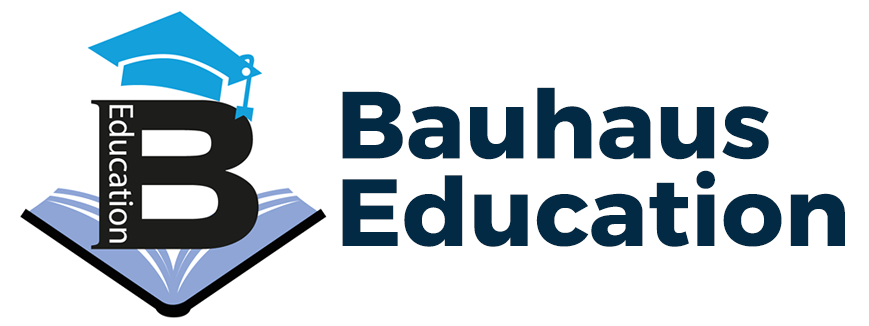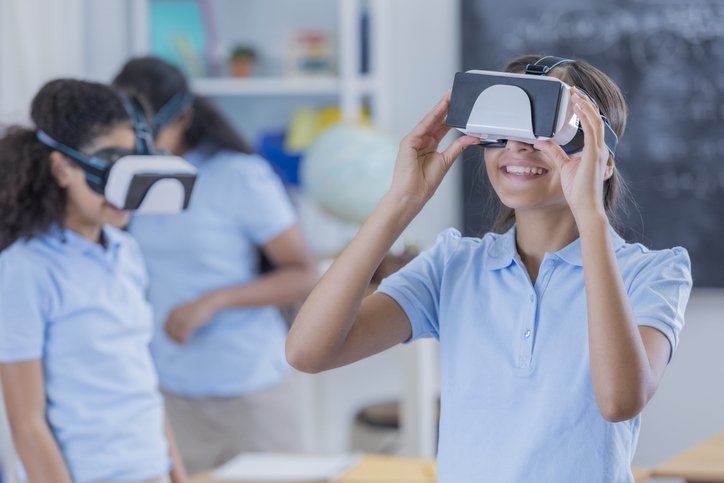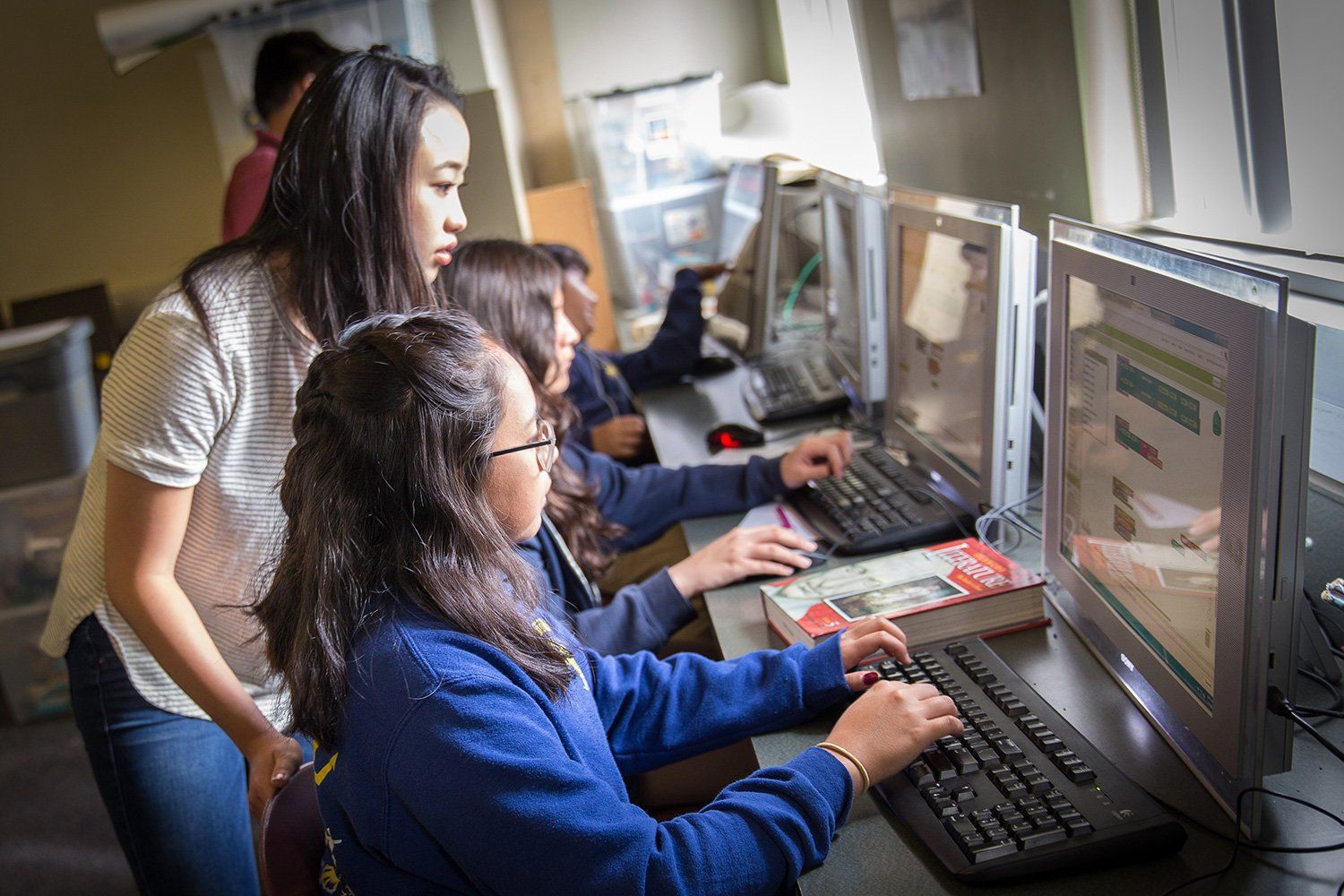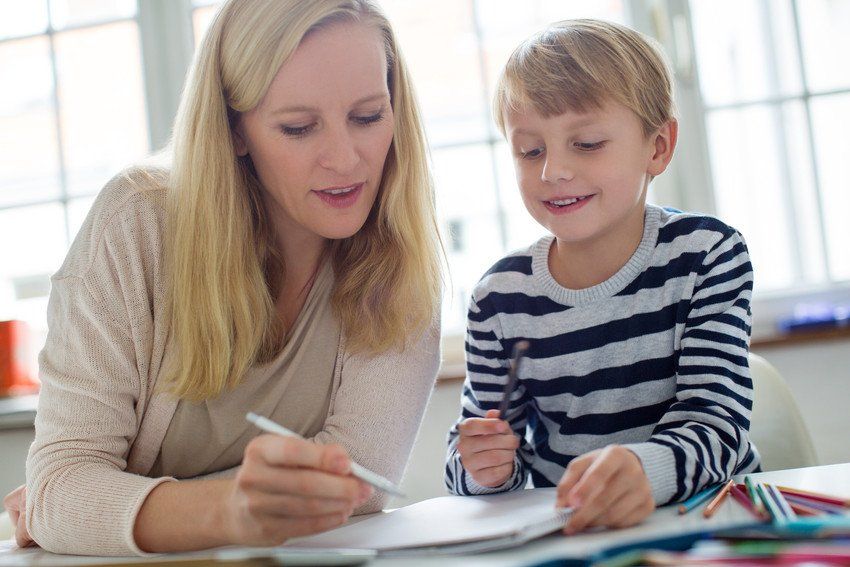Schools Gone Wild? Lack of Discipline Affecting Both Students and Teachers
Teachers Moving to Remote Schools Over Behaviour Troubles
The last school year has not just been challenging for pupils, but also for teachers who have had to adapt to a hybrid way of working, both in a physical classroom and online.
Now, one in three teachers plan to quit the classroom within five years because of increased workload and diminishing respect for the profession.
Yet, 86% of parents believe that learning respect for others and that actions have consequences is important for schools to provide to their pupils, as is teaching responsibility and discipline. Discipline is vital within the classroom as a lack of it can affect the teacher’s ability to teach, and it can have an impact on a student’s ability to learn. Parents believe that students should be punished for things like disrespecting or shouting at a teacher or member of staff, using inappropriate language and being late to class.
However, as the National Education Union calls to end exclusions, many parents already feel that their child’s school policy on discipline is too lenient. According to the Department for Education, headteachers must decide the standard of behaviour expected of pupils at the school and determine the school rules and any disciplinary penalties.
More than half of parents believe children face fewer consequences for bad behaviour at school now, compared to when they were at school, and even more think that teachers have been taken advantage by poorly behaved students.
Is it a surprise so many teachers are planning to quit the classroom?
But teachers still want to teach, with record numbers of applications to join remote schools, and after a year of hybrid teaching, perhaps the future of education does not rely on being in a physical classroom.
We at Bauhaus Education are huge believers in the power of remote education, having been introduced to its possibilities during the coronavirus lockdowns. However, we have seen and heard of it's issues in mainstream schooling. Possibly a hybrid educational approach is necessary for the future of classrooms; it is harder to be disruptive when the teacher can simply mute that student. While not all education can be carried out remotely, due to needs of the student or limitations of the subject, it is likely that we could see a rise in remote schooling in the near future.
But where does this leave schools and discipline? One concern of the National Education Union regarding exclusions and other disciplinary methods which remove a child from the classroom is the education that the child will miss out on in that time. This can be solved via hybrid education, as the excluded or isolated students can catch-up via the online lessons, meaning that they are punished, but still able to learn, take assessments, and not fall behind their peers.
Could this be a good way to reinstill discipline in the classroom while ensuring that a child's education is not disrupted? Let us know in the comments below!


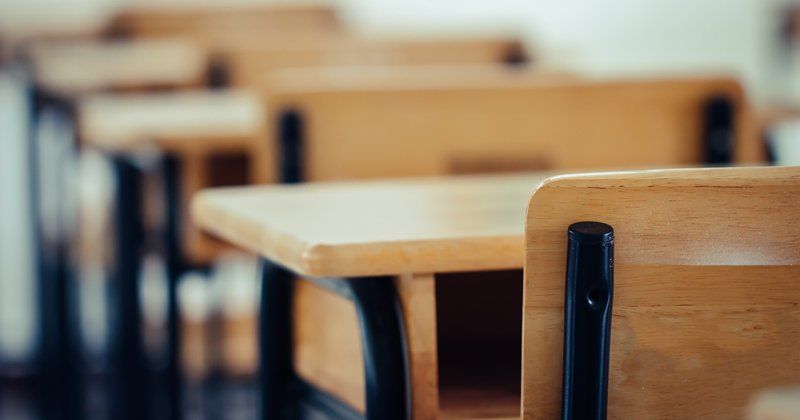
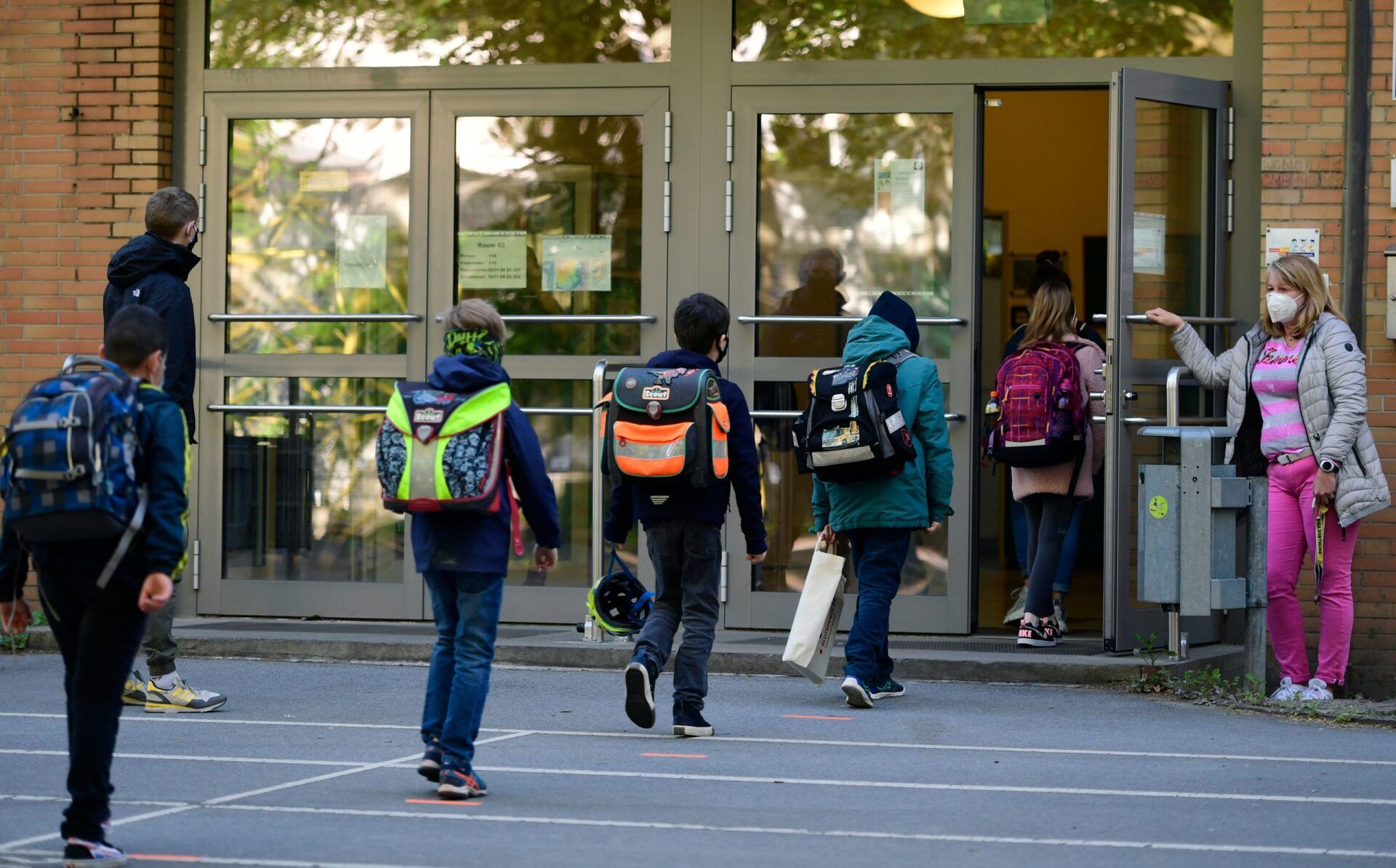
Bauhaus Educational Services Ltd.
4 Notre Dame Mews,
Northampton,
NN1 2BG






